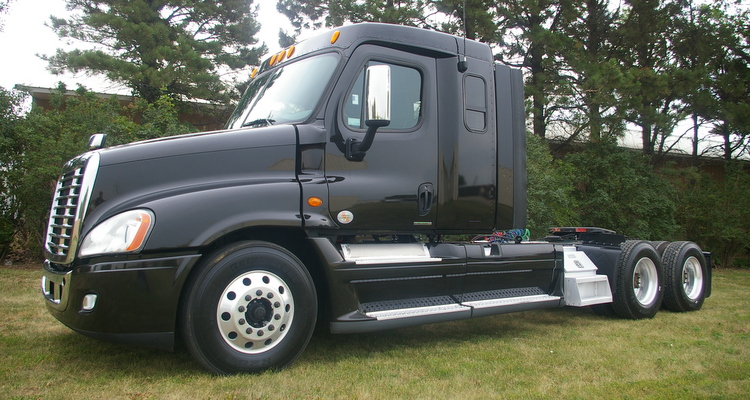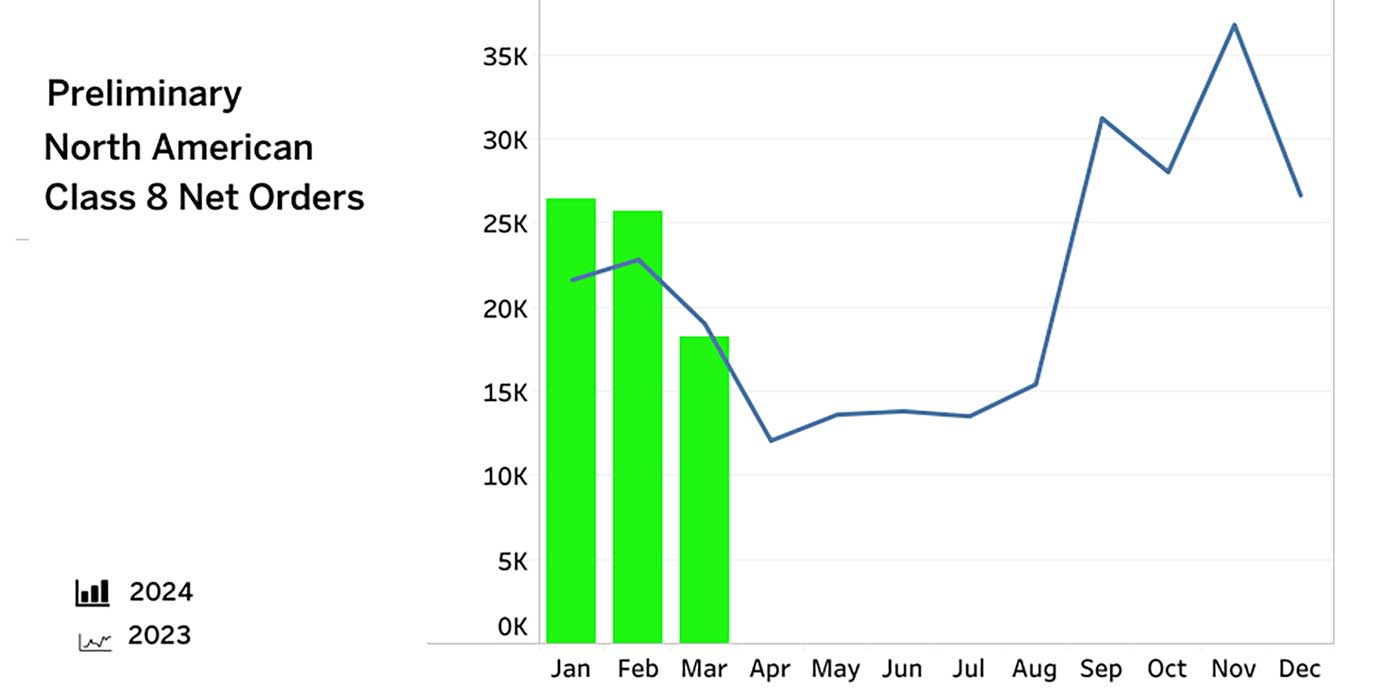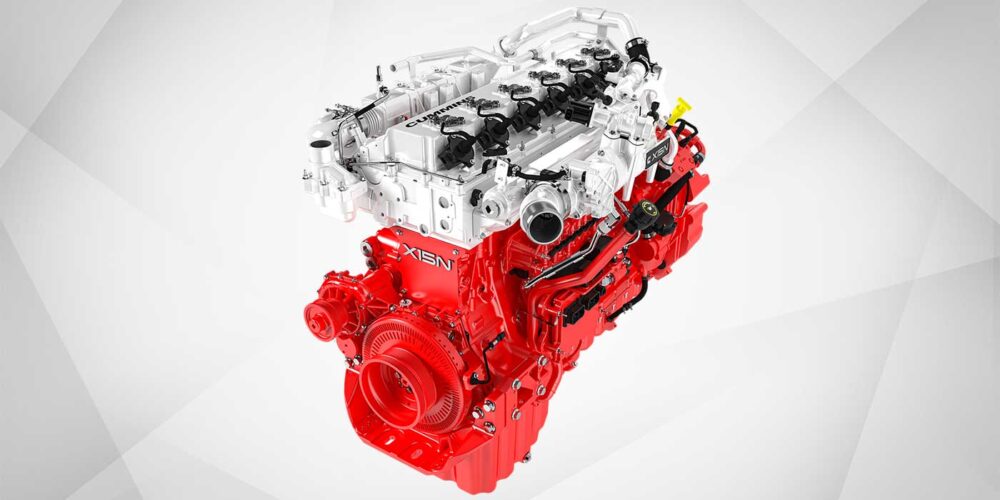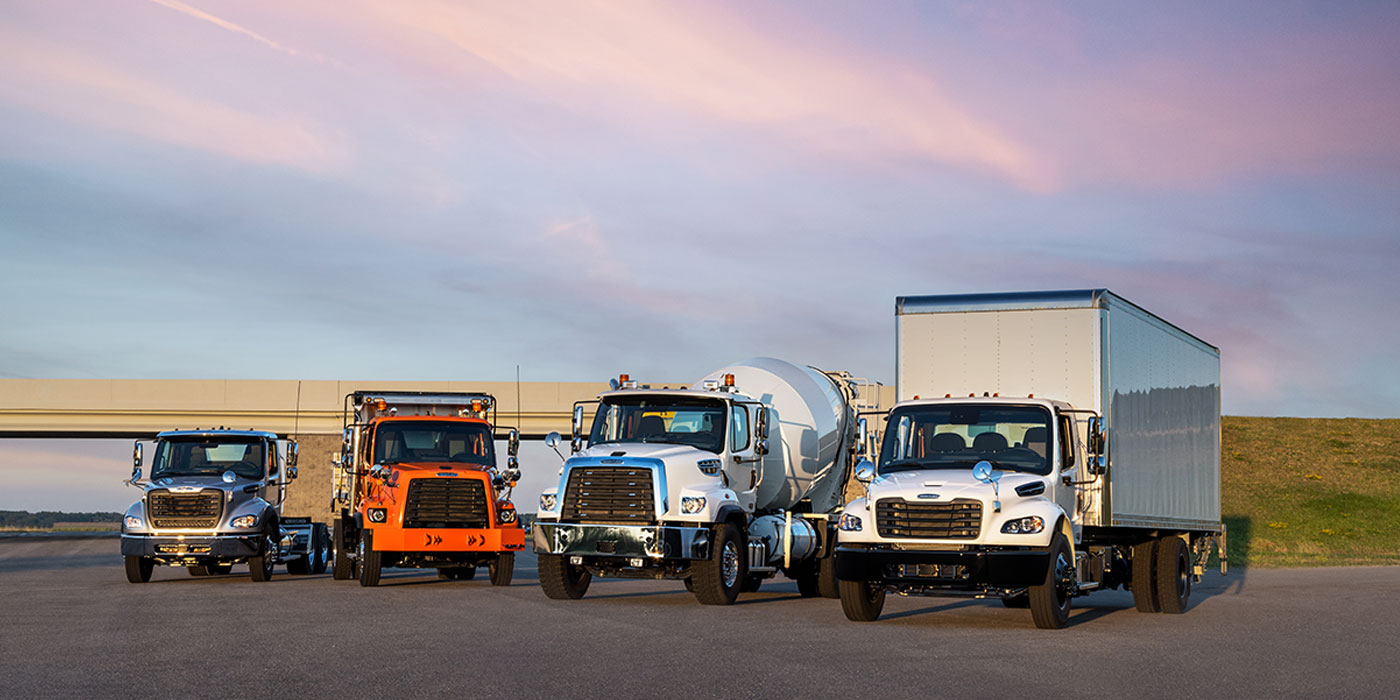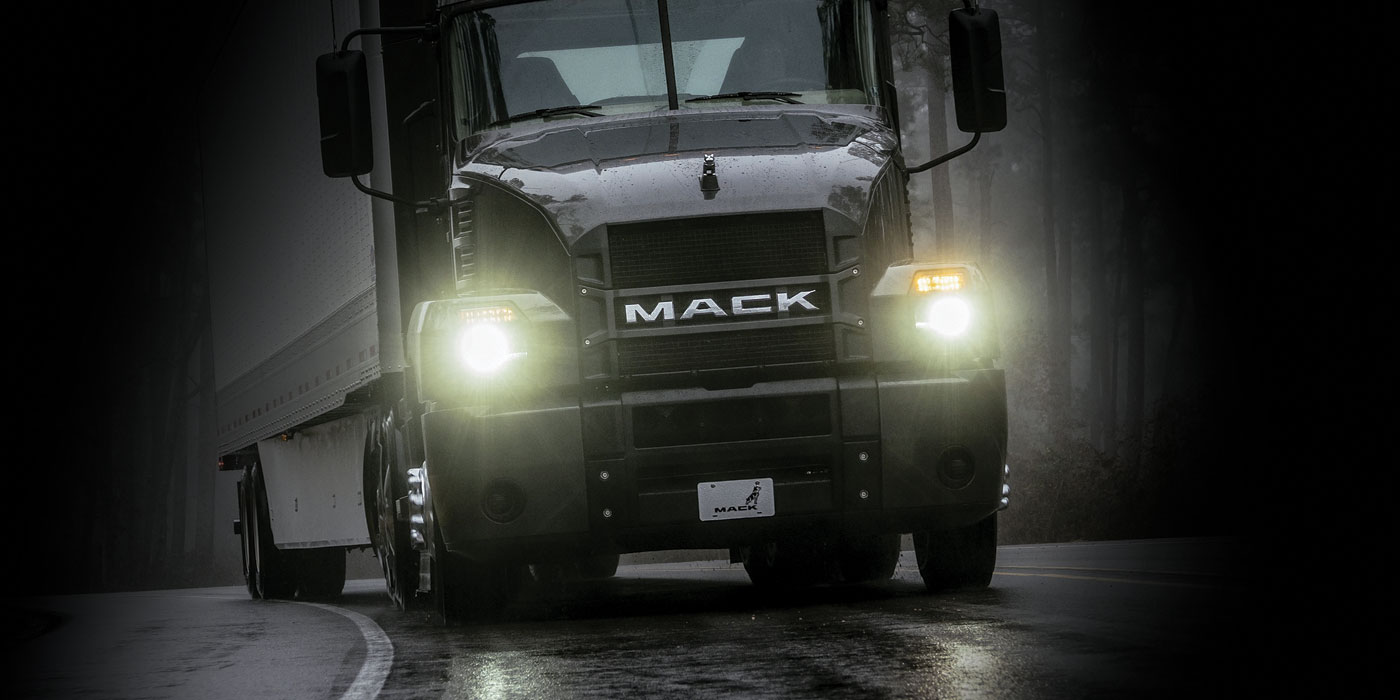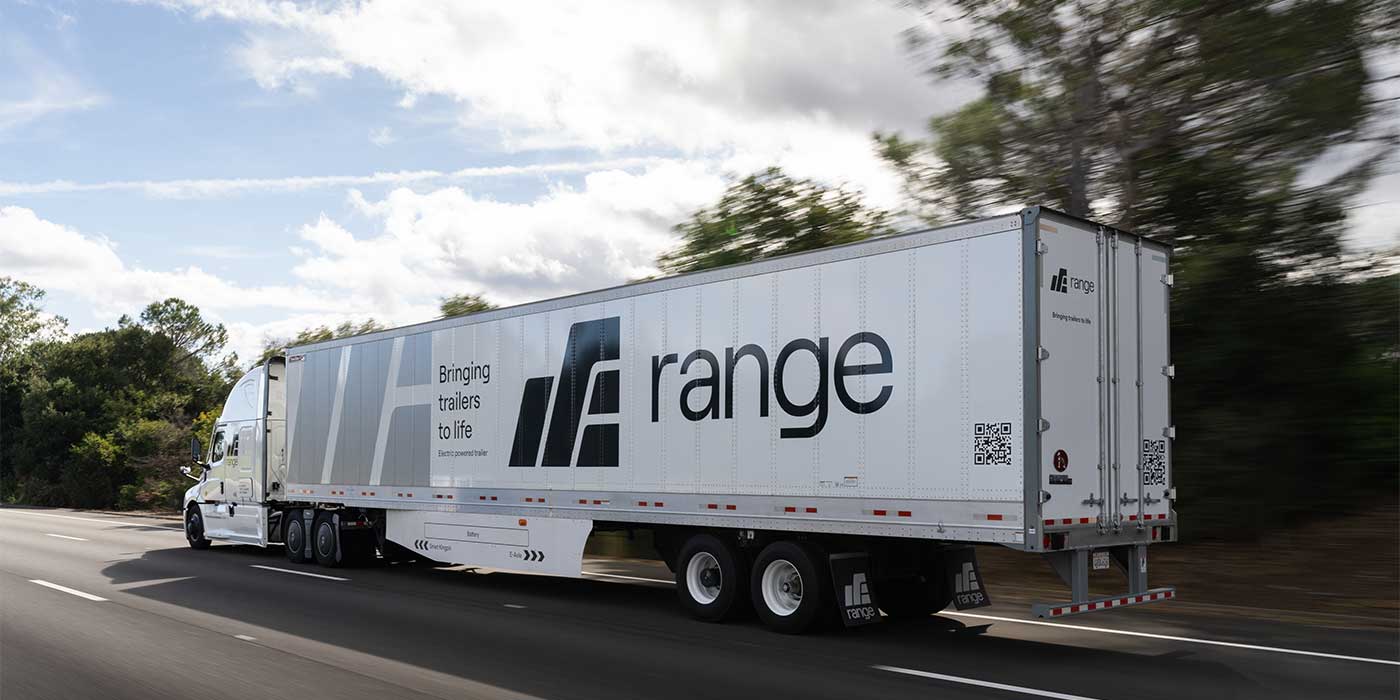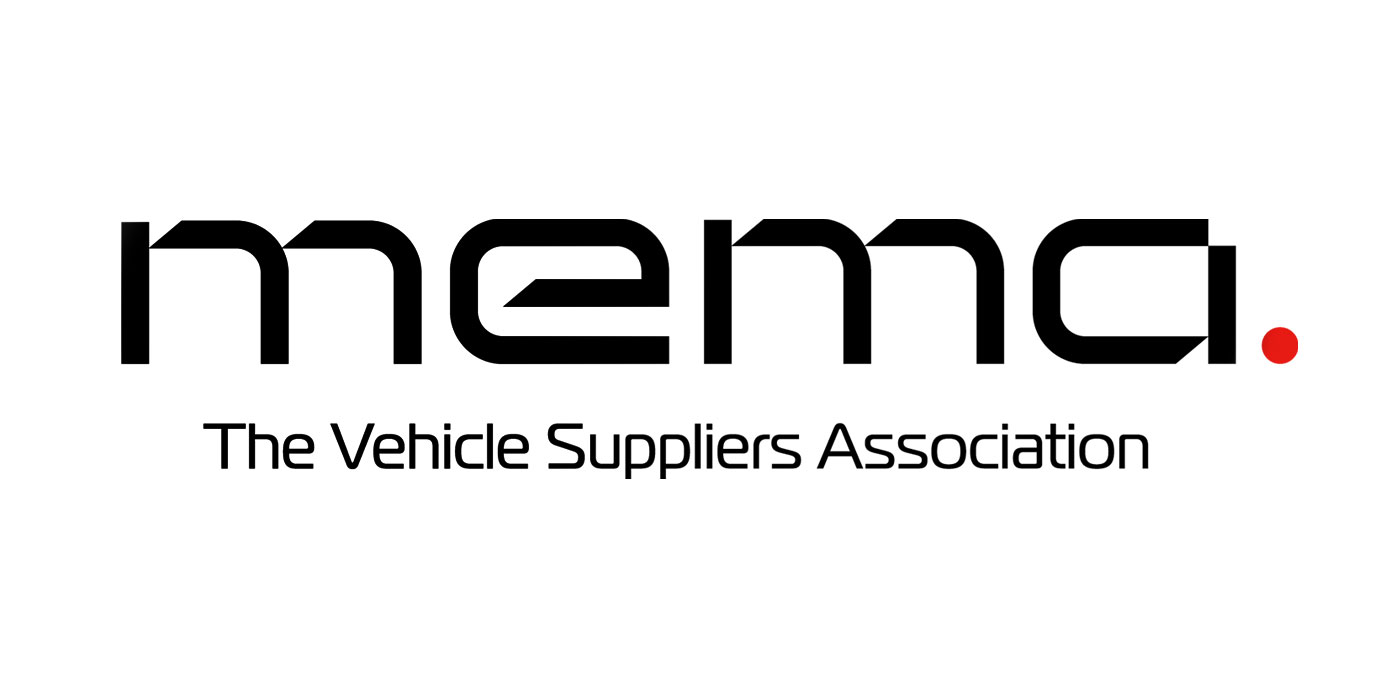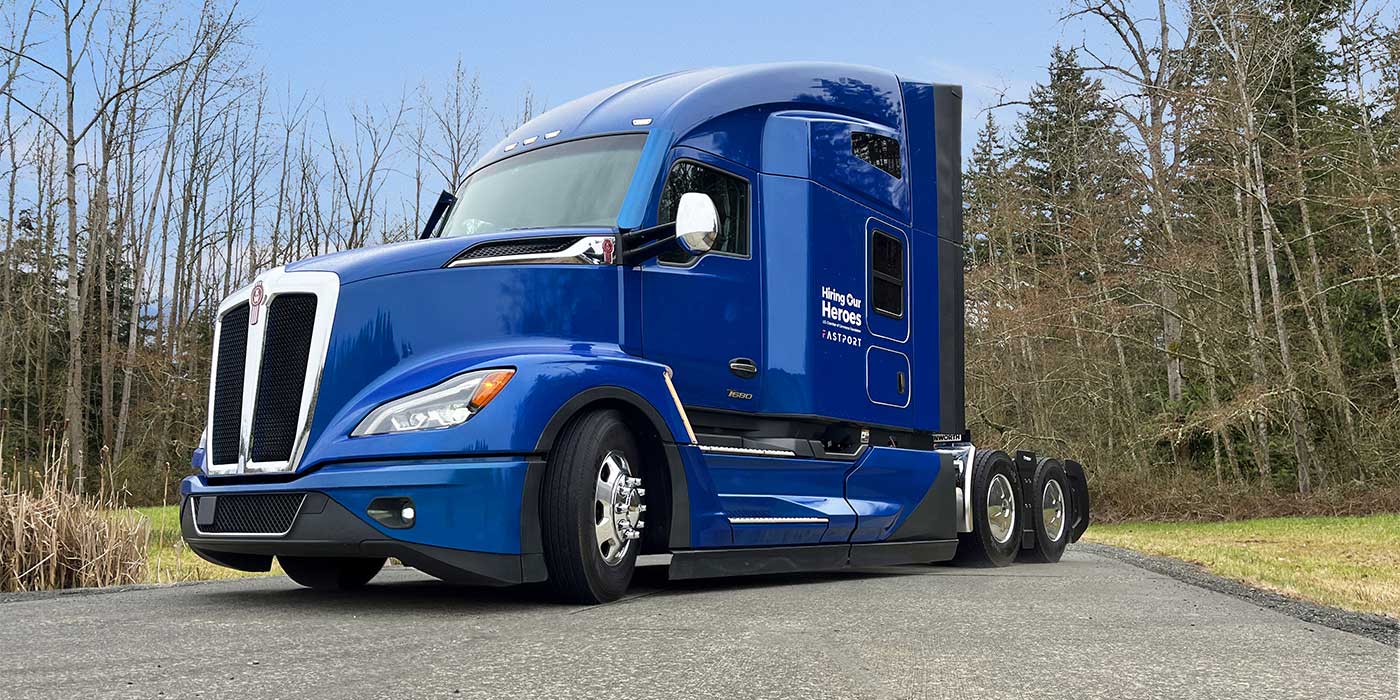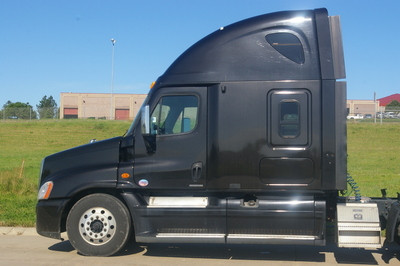
If you need some additional equipment, you might want to look into a retired over-the-road sleeper that is economically capable of a new life as a day cab. If, on the other hand, you need to dispose of some sleepers that are still alive and well but have 800,000 to a 1 million miles on them, you may want to consider converting them to day cabs and use them in your city operations or generate a return substantially better than what you can expect were you to move them directly to the auction block or a dealer’s lot.
Where to shop
There are a number of companies that specialize in either converting integrated or modular sleepers or providing their customers with kits and the necessary instructions to make their own conversions. Prairie Technology, based in Sioux Falls, S.D., for example, is a company that is dedicated primarily to the reconfiguration of sleeper trucks into day cabs, according to Dave Husby, the company’s general manager.
He also points out, “The company not only sell kits to the general public for non-integral sleepers, but also has a network of 60 dealers and body shops throughout the United States and Canada that do other conversions for the general public only after completing a regimented training course to ensure the structural integrity and safety of the cab. Thousands of our kits are installed every year through our certified partners.”
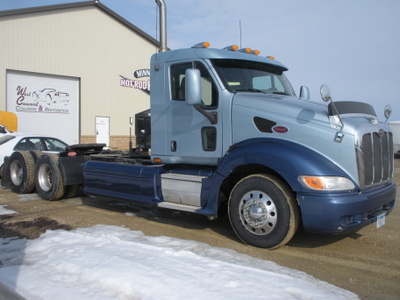
Bill Osman, the founder of Prairie Technology, said, “Our experience has been that over-the-road trucks, mile for mile, are in much better shape than a truck that’s had off-road or some other severe duty application, like in city operations. We have the opportunity to capture these good-quality trucks for the vocational industry. By reconfiguring them, they can become a good match for the needs of many operators. We work hard at maintaining the integrity of the original truck but take it a step further with our day cab conversions because they are little larger than the average factory-built day cab.”
Tripp Wood, National Accounts manager at the Knoxville, Tenn.-based Day Cab Co., said of his company, “Our core business, when you look at it in a nutshell, is that we repurpose trucks. I can take a fleet truck and turn it into something completely different. I can turn it into a grain truck for a farmer. I can turn it into a logging truck. I can make it into an oilfield truck. I can also make it into a day tractor for an LTL operator, which I do for a number of fleets across the country.”
Tim Gangl, owns Day Cab Conversions, based in West Concord, Minn. He said, “We do many
conversions for truck dealerships using relatively high mileage sleepers, those with 600,000 to 1 million mi. on them. We’ll daycab them, which ups the value for these tractors making them an easier sell for the dealers. We also do many for farmers who obviously have no need for a sleeper but need a day cab tractor or straight truck. We also do them for construction companies that might use them for pulling a belly dump or a rear dump trailer.”
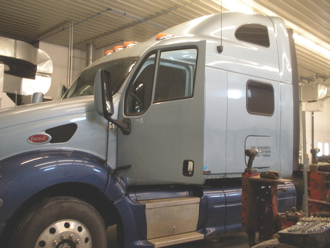
With two Texas locations, Custom Vehicle Solutions (CVS) is a large vehicle modification operation owned by Rush Enterprises, North America’s largest network of heavy- and medium-duty dealerships. Michael Zimmerman, general manager of CVS, describes the operation as “your one-stop-shop for the most demanding truck installations, conversions and modifications.” Included in those activities is the capacity to make not only day cab but crew cab conversions as well.
Rush is a franchised dealer of a number of nameplates, among them are International and Peterbilt, which seem to be the most sought after brands for day cab conversions. Because of its connection with Rush, CVS has a continuous supply of dealers supplying the popular nameplates for conversion. It is, however, according to Zimmerman, definitely capable of converting any brand of sleeper into a day cab tractor or a finished vehicle ready to go to work.
DIY or not? Your option
Since CVS is so closely allied with new truck dealers, which take in many used sleepers as trades, that it does most of its cab conversions at its two locations for dealer customers. Other companies offer a range of conversion services. Day Cab Conversions, for example, will sell kits to individuals to convert Peterbilt modular sleepers finding that people are able to do such models by themselves. They don’t, however sell kits for integral sleepers because they consider them too complicated to install.
“A person needs to be specially trained to do one of these,” Gangl said. “People who want integral sleepers converted need to bring them to our facility.”
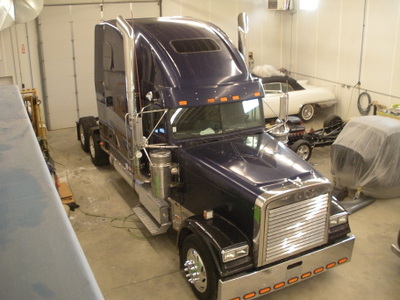
Prairie Technologies, like Day Cab Conversions, will sell kits directly to the public only for non-integral sleepers. Husby said, “They do not require the tooling nor the expertise related to the cutting requirements demanded for integrated sleepers. Our kits include detailed instructions and telephone support from our staff if required to allow end-users to make the conversions that involve the older removable bunks for any name brand.”
He went on to say, “Because we do this every day, we have it pretty much down to a science. We are strong proponents of efficiency, and we know that the conversion of a non-integrated sleeper will take about 10 to 12 man-hours. The more difficult integrated sleepers can take up to 40 hours because they are labor intensive.”
The Day Cab Co., on the other hand, specializes in designing and producing kits for customer installation.
“Ninety-eight percent of our products go to individuals who install those kits themselves. It may go to a farmer or a trucking company,” Wood said. “Our products all come with a guarantee for five years. They are guaranteed to fit the first time every time. All the parts are included. And our product line includes kits for integrated sleepers. All of our kits come with complete step-by-step instructions. We tell you where to cut, which bolts to take out and, maybe more importantly, which bolts not to take out. People love our kits because they fit.”
Driver amenities
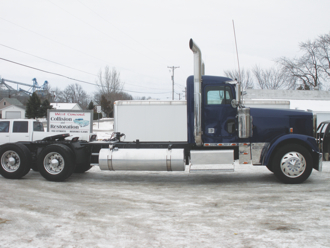 Because over-the-road tractors are often outfitted with a number of driver amenities that rarely come in factory-built day cabs, drivers easily take to them.
Because over-the-road tractors are often outfitted with a number of driver amenities that rarely come in factory-built day cabs, drivers easily take to them.
“Drivers like our products because they are roomier compared to a new day cab,” Prairie Technology’s Osman explained. “They commonly have an extra 5 to 8 in. front to back. The seat will go back. We ‘day-cabbed’ an International for a customer who took delivery of a brand-new factory day cab at the same time. His drivers didn’t want to drive the brand-new truck. We’ve also been approached by dealer asking if we could do a conversion to a brand-new truck. They are having problems selling it because it didn’t have enough room.”
Day Cab Conversions’ Gangl echoed Osman. He said, “Every kit that we use to daycab a sleeper model adds 5 to 8 in. of room, front to back, when compared to a factory day cab, which gives a driver room to stretch out by moving the seat back. We have customers who would not even consider buying a factory day cab because they like the extra room. In addition, many of the over the road trucks have larger engines and more transmission options than factory-built day cab trucks. In many cases, the interiors of over-the-road trucks are a bit more upscale than what’s available in day cabs. That gives drivers more amenities in converted day cabs.”
Wood said, “When we do a conversion, we pay a lot of attention to installation and bracing which makes the cab quiet. One of our big selling points is that we use all factory-matching upholstery. When we’re done, the truck looks completely stock inside and out. We take a lot of pride in our finish work.”
Follow the money!
Is a cab conversion worth the effort? You, of course, will have to be the one to make that decision by working with your own numbers. It might well be something to look at, especially if you generate your own old sleepers.
“There are some fleets that do local hauling as well as over-the-road cartage,” Gangl said. “What many of them do is select some of the trucks that they’ve had on the road for a number of years, but are still in good shape, for conversion. They can daycab it and use it as a local truck so they don’t have to purchase a day cab truck. In doing so, they can save in the neighborhood of $50,000, which, of course, is a very nice figure.”
Wood said, “If you’re an operator that’s looking for $30,000 truck because that’s all you can afford, an over-the-road sleeper converted to a day cab is a good option. They can go to their local auction and buy that high-rise sleeper truck that may have 800,000 to 1 million miles on it but still has a lot of serviceable miles in it when converted to a day cab.”
Sounds like it might be worth a consideration.

